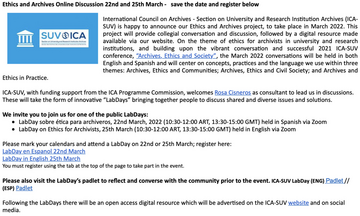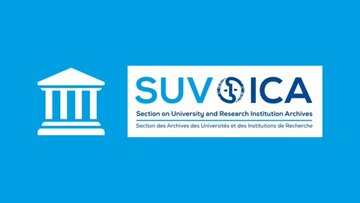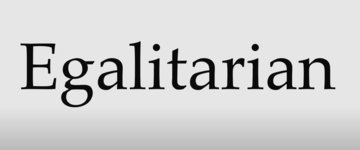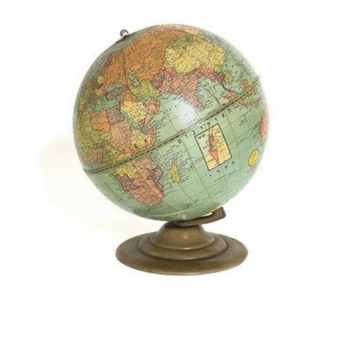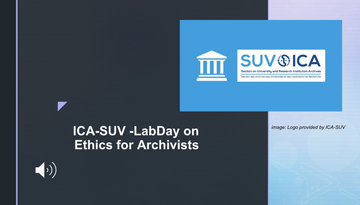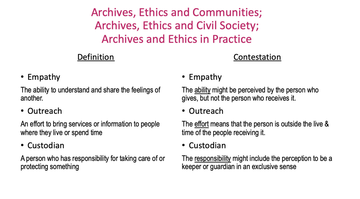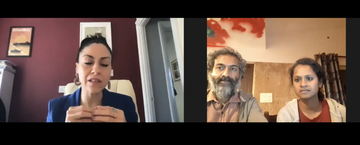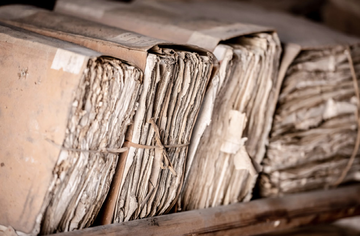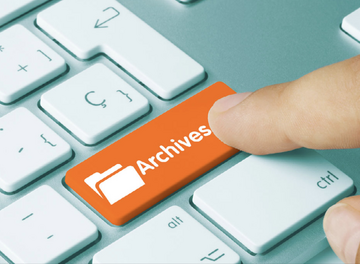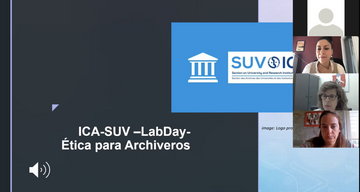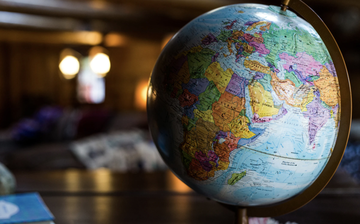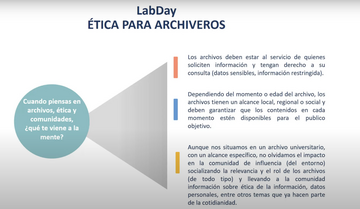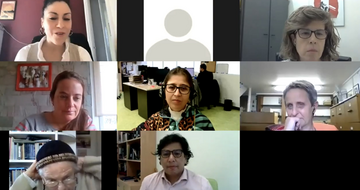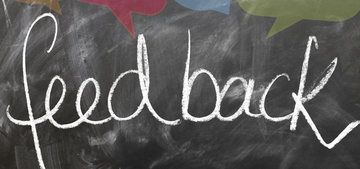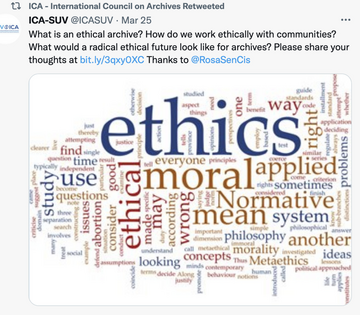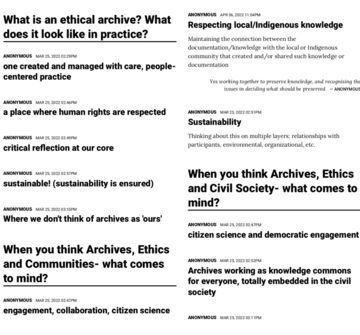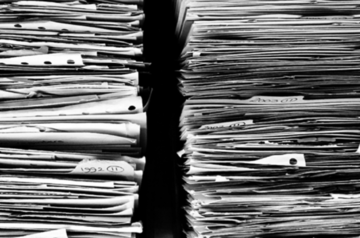Feedback English LabDay
Feedback was collected from participants for the English LabDay.
What did you enjoy about the LabDay?
● So many people from around the world attended!
● The presentation of the Indian colleagues
● A new experience of meeting and sharing with colleagues from far and wide in the digital space.
● The diversity of the group/experiences
What three to five keywords might sum up your experience of the LabDay and the work presented?
● Illuminating, fascinating, confirming, hopeful, inspired
● Memory, Ethics, Communities, Mediator
● Meeting -- Sharing -- Learning --
● enlightening, interesting, solidarity, more questions
What was your main ‘takeaway’ from the LabDay?
● That people in archives everywhere all struggle with issues around research ethics
● Ethics in archives is a hot topic and it's very important in present time
● To keep up the conversation about our different experiences as professionals in the various global regions.
● To realise that there is a strong movement toward a new ethical archival practice
Has the LabDay changed your thinking about how we can contribute to or critically approach online ‘archives and ethics’? If so, in what way(s)?
● Yes! I got some great insight and I feel like I am on the right track with my professional development training and bringing these larger questions and concerns around research ethics to my colleagues
● Yes, specially the importance of taking in account the stakeholders of the archives, namely, the communities
● It is important to realise that ethics is a noble concept, however a concept that does not necessarily work out the same way for everybody in their settings, exposures and understanding.
● It confirmed the need to change
If there were to be a follow up event, extending the themes of the session, what would you like that to focus on?
● More on research ethics.
● Ethics in access and retrieval, in particular, colonial photographs
● Changing the archival experience for communities and society in at times unconventional ways and examples of that.
● Even more case studies, concrete actions to be taken. Thanks a lot.
